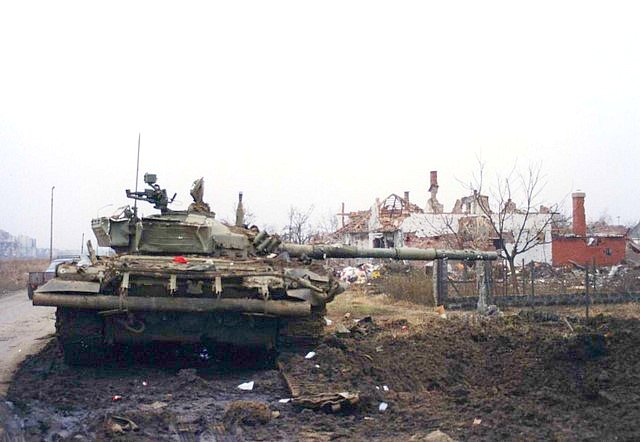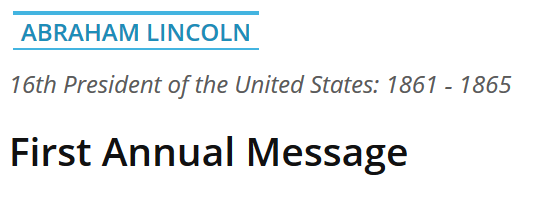
John Mearsheimer was not wrong about the end of the Cold War. But he wasn't all the way right either.
Time to keep #KeepRealismReal.
[THREAD]
Time to keep #KeepRealismReal.
[THREAD]

This meant the possible end of the Cold War standoff between @NATO & the Warsaw Pact 

That prospect prompted John Mearsheimer to write the paper "Back to the Future", published in 1990 in @Journal_IS.
jstor.org/stable/2538981…
jstor.org/stable/2538981…

His main argument? Well, it's in the subtitle: a return to "instability in Europe".
If both the United States and Soviet Union retrench from Europe, dissolving both NATO and the Warsaw pact, then 👇 

To start, I think we can acknowledge that Mearsheimer was somewhat right about the increase in violence on the continent following the end of the Cold War. Consider...
While it seems that Mearsheimer's overall prediction had merit to it, one needs to look again at the logic underpinning his pessimistic view.
He argued that, with the Cold War ending, Europe was heading back to a system of multipolarity...*IF* the US and Soviet Union withdrew. 

Let's break down the argument.
Why is multipolarity more unstable? His view is basically that bipolarity (i.e. USA v USSR) -> equal local balance of power in Europe - > deterrence -> no fighting.
This view draws on his first book:
amazon.com/dp/B01MYEUZVS/…
Why is multipolarity more unstable? His view is basically that bipolarity (i.e. USA v USSR) -> equal local balance of power in Europe - > deterrence -> no fighting.
This view draws on his first book:
amazon.com/dp/B01MYEUZVS/…
The key to his argument is the *IF*. On that he was only half right: the Warsaw pact dissolved in 1991.
politico.com/story/2017/03/…
politico.com/story/2017/03/…
NATO? It did anything BUT dissolve. It enlarged! Why it happened and the implications of NATO enlargement were recently reflected upon in this @ip_palgrave special issue (h/t @shifrinson & @JimGoldgeier)
link.springer.com/journal/41311/…
link.springer.com/journal/41311/…
Here's the thing. Mearsheimer recognized that @NATO might stick around, perhaps even expand. This acknowledgement is found in footnote 1 

In my view, that's what Mearsheimer misjudged: the interest within Germany (and among the NATO allies in general, particularly the US) to keep and expand NATO.
Given the violence that DID erupt in Europe following the Cold War and the dissolving of the Warsaw pact, one could only imagine what might have happened if, as Mearsheimer predicted, NATO had also dissolved.
That's why I think he was more right than wrong.
That's why I think he was more right than wrong.
This is also why I've always been a bit perplexed by the "End of the Cold War undermines Realism" claims. I mean, were they really that wrong?
cambridge.org/core/journals/…
cambridge.org/core/journals/…
As will be discussed in subsequent threads, this piece was the start of an actual "Great Debate" among IR theorists, particularly between Mearsheimer and Bob Keohane.
For now, I'll just say that Mearsheimer's predictions, as found in this piece, hold up well.
[END]
For now, I'll just say that Mearsheimer's predictions, as found in this piece, hold up well.
[END]
• • •
Missing some Tweet in this thread? You can try to
force a refresh


















